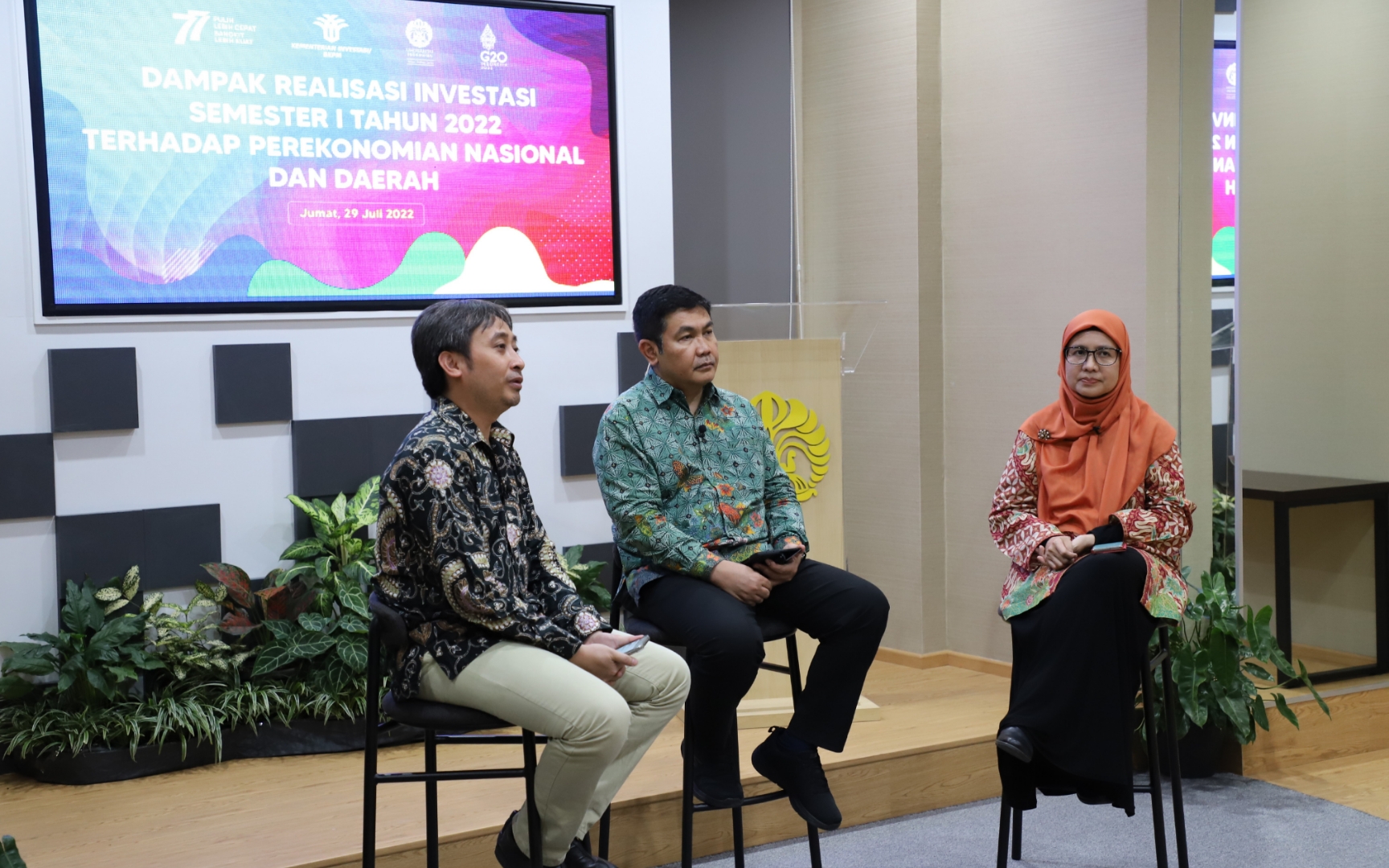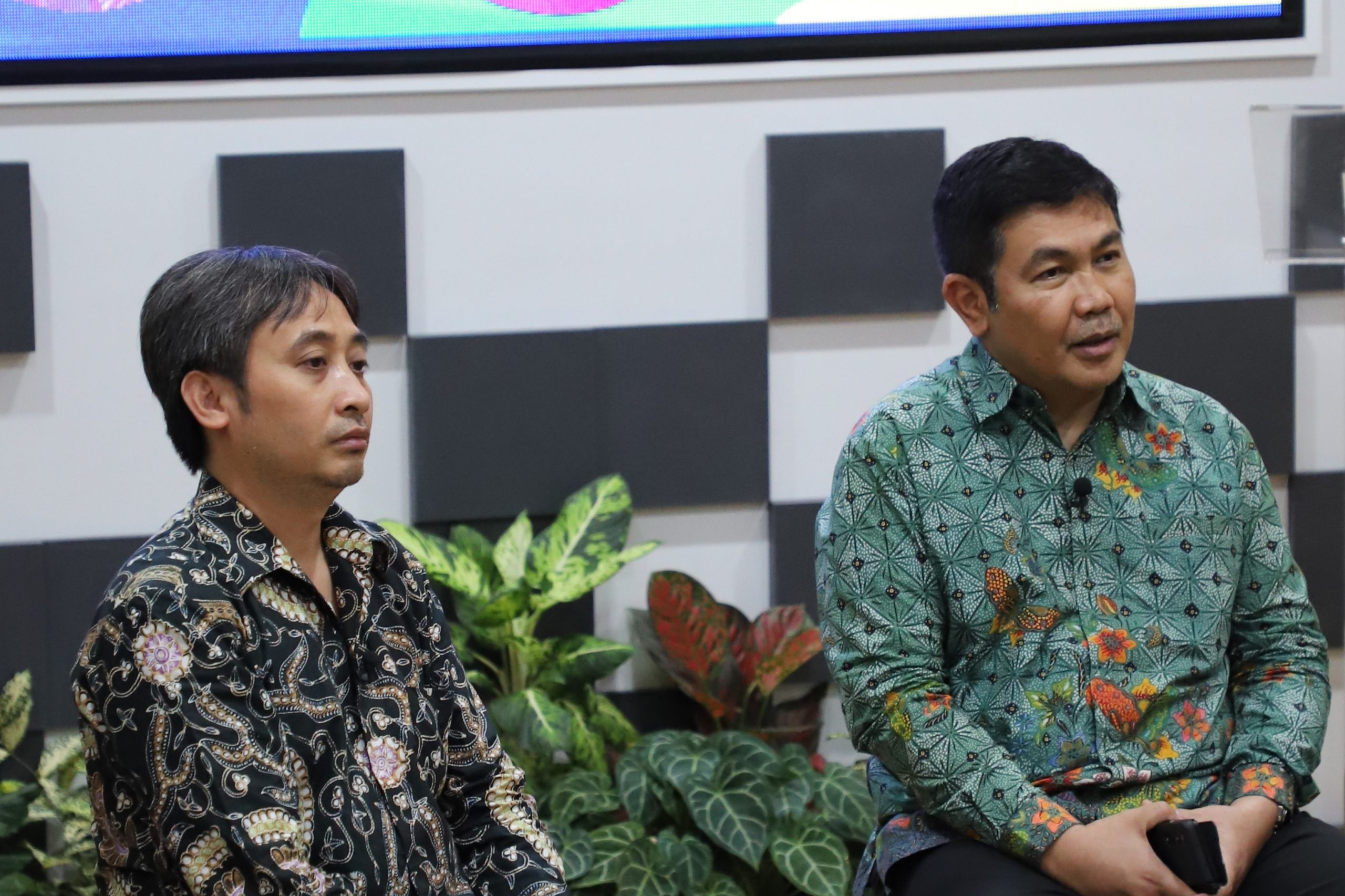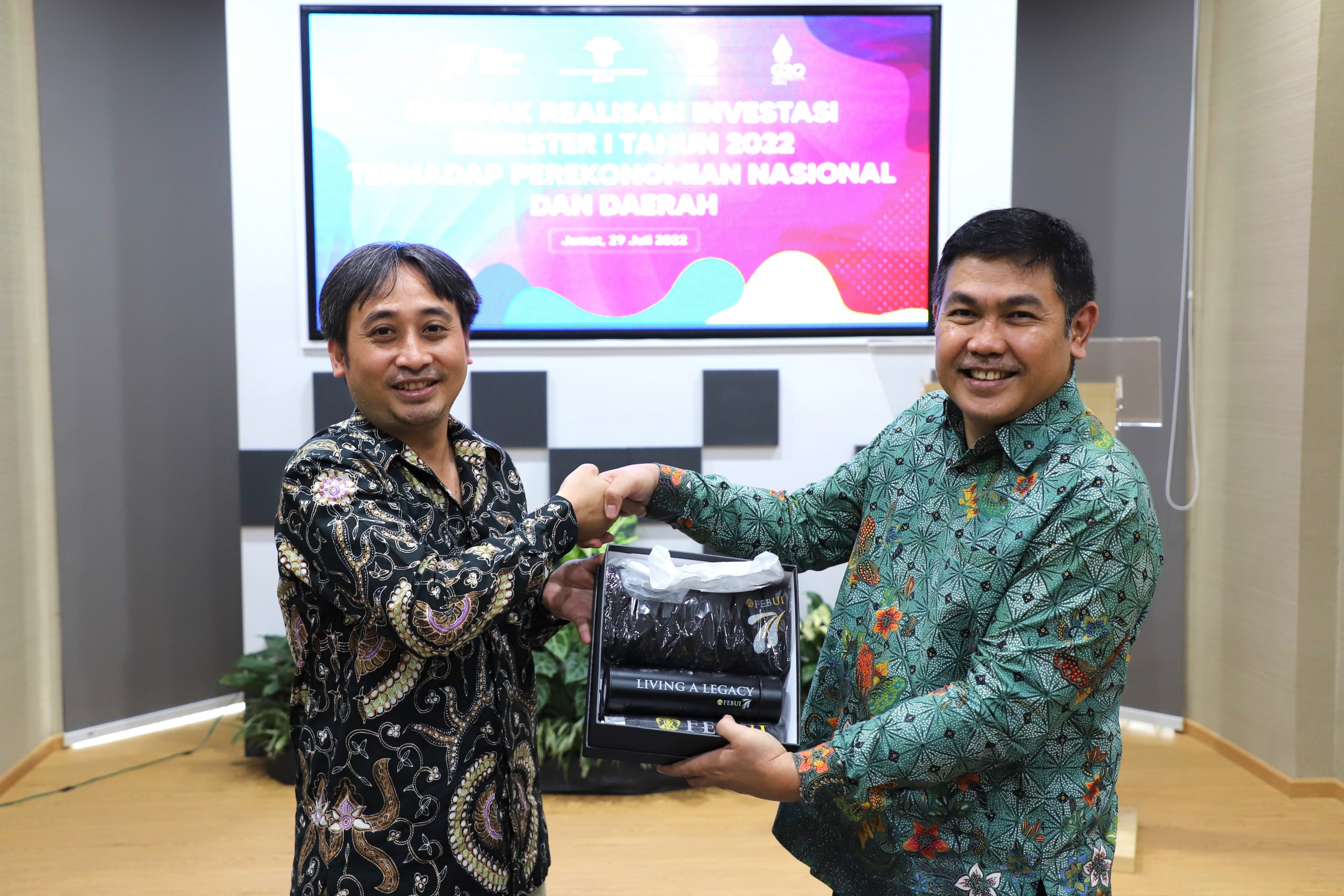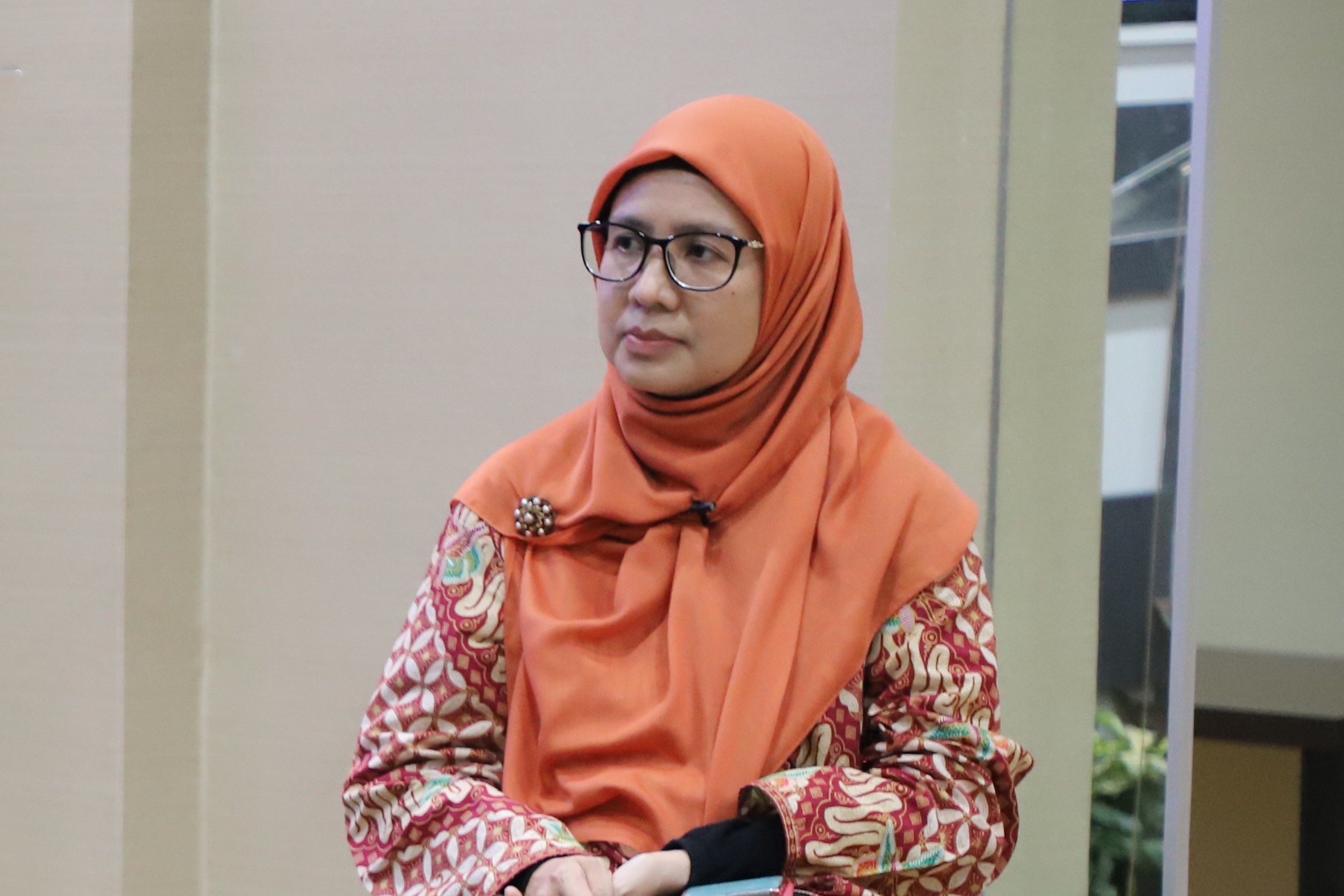The Impact of Investment Realization in Semester 1/2022 on the National and Regional Economies
Rifdah Khalisha – Public Relations FEB UI
DEPOK – (29/7/2022) The Faculty of Economics and Business, Universitas Indonesia (FEB UI) held a Webinar on the topic “The Impact of Investment Realization in Semester 1/2022 on the National and Regional Economies” on Friday (29/7). The event occurred in a hybrid format in the Auditorium Room, Department of Economics, FEB UI Depok Campus.
Starting the event, the Head of the Center for Sharia Economics and Business FEB UI Rahmatina Awaliah Kasri, Ph.D. as moderator, said, amid the atmosphere of national economic recovery due to the COVID-19 pandemic and various global uncertainties, it turns out that investment plays an important role in encouraging growth and improving existing economic recovery. Without investment, it will be difficult for Indonesia to return to a regular economy.
Deputy for Investment Planning of the Ministry of Investment / BKPM Indra Darmawan, Ph.D. discussed the realization of investment during the first semester of 2022, “In the last three months, investment of 302 trillion rupiahs has been realized. The value is the highest so far, usually at 200 trillion. If we accumulate it during semester 1/2022, January to June, it reaches 584.6 trillion. That means Indonesia has met 48% of this year’s target of 1,200 trillion.”
Indra explained that the target in 2022 has also increased from last 2021, which was only 900 trillion. The target increase has never been that high. He explained that the top 5 realizations in the first semester based on the sector, both in Foreign Direct Investment (FDI) and Domestic Direct Investment (DDI), consisted of (1) the primary metal industry, metal goods, non-machinery, and equipment; (2) mining; (3) transportation, warehouses, and telecommunications; (4) housing, industrial estates, and offices; and (5) the food industry.
Meanwhile, based on the distribution of locations in the second quarter, they were located in (1) West Java Rp 44.0 T; (2) DKI Jakarta Rp 40.1 T; (3) Central Sulawesi Rp 32.1 T; (4) East Java Rp 29.9T; and (5) Riau Rp 20.7 T. Then, based on investor countries, (1) Singapore US$ 3.1 M; (2) the People’s Republic of China US$ 2.3 M; (3) Hong Kong US$ 1.4 M; (4) Japan US$ 0.9 M; and (5) the United States US$ 0.8 M.
According to the data, the growth of investment realization in Indonesia reached more than 30%. There was a significant jump in FDI, with investment between Java and outside Java being more balanced. The government is determined to continue to encourage investment to strengthen downstream industries. Hopefully, this trend can have a good impact on the economy.
Then, Dean of FEB UI Teguh Dartanto, Ph.D., said that FEB UI academics try to evaluate the impact of investment realization on the economy, community prosperity, and inclusive development.
“The impact of investment on the economy should be comprehensive, covering all initial, direct, and indirect impacts. Although the proportion of Java and Sumatra still dominates at 68.13%, there is a pattern that outside Java is a new magnet for investment. Other regions are starting to be looked at for their economic potential by investors,” he said.
Teguh talked about the downstream industry. So far, Indonesia has only exported raw goods. With the encouragement of investment, Indonesia can process them into semi-finished or finished goods to increase the higher selling value of commodities.
“The Maluku, Papua, and Sulawesi regions are attractive to FDI investors. However, there is a special meaning of balanced PMDN investors that local communities have the capacity and power to participate in investment to drive the National economy,” he said.
Investment realization during the first semester of 2022, namely 584.6 trillion, was an initial injection into the economy, which encouraged a direct impact of 214 trillion and an indirect impact of 119 trillion. Certainly a large enough number with a total impact on the economic output of 919 trillion. (mh)




